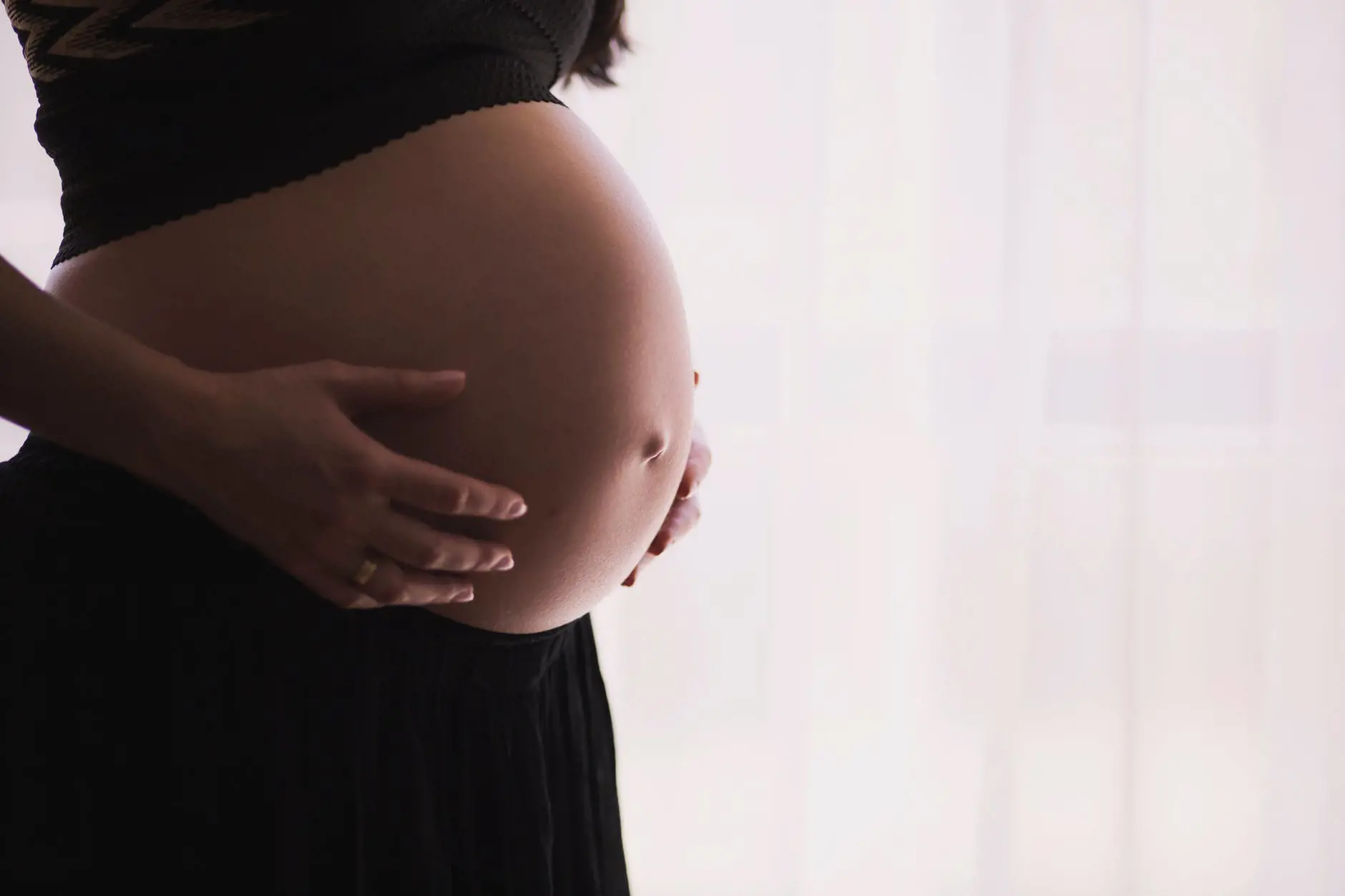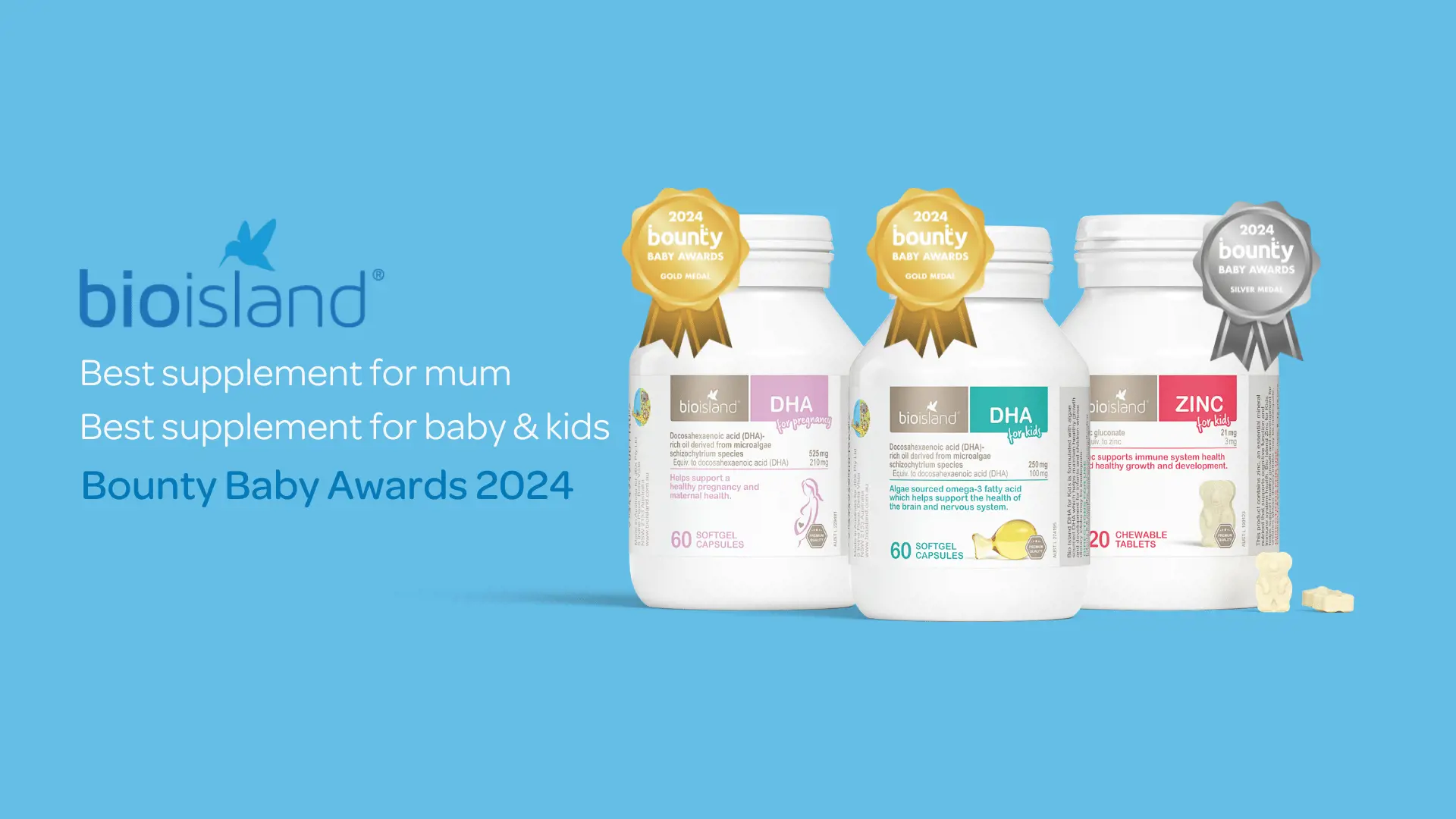
Understanding brain development during pregnancy
The development that occurs during pregnancy sets the foundation for your baby especially their brain for the rest of their lives.
Healthy Pregnancy
By Bio Island Nutrition Team
The development that occurs during pregnancy sets the foundation for your baby especially their brain for the rest of their lives.
Prenatal brain development generally occurs 2 weeks after conception and starts with the formation of the neural plate. By the 7th week of pregnancy, the neural plate will have curved into the neural tube which then closes and segments into four sperate sections – the forebrain, midbrain, hindbrain, and spinal cord. These segments then turn into five different regions of the brain:
- Cerebrum: The biggest part of the brain where thinking, remembering, and feeling occurs.
- Cerebellum: Responsible for motor control.
- Brain stem: This part is in control of vital functions including heart rate, breathing and blood pressure.
- Pituitary gland: A pea sized gland which releases hormones into the body responsible for growth and metabolism.
- Hypothalamus: Responsible for body temperature, hunger, thirst, sleep, and emotions.
During the first trimester, at around the 6th week, your baby will have built nerve connections which will allow them to start moving. These movements are generally not yet felt however they can be seen on scans such as an ultrasound or MRI.
During the second trimester the brain takes control of bodily function and will start breathing movements. At start of this trimester, your baby will be able to suck, swallow, breathe and stretch as more never connections and brain tissues are formed. At around 18 weeks, their nerves will become covered with myelin which is a type of insultation that allows messages to be sent along the nerve cells. By the end of the second trimester, the brain stem is almost entirely mature, your baby will be able to hear loud noises and at 28 weeks the foetal brainwave activity features sleep cycles.
The cerebral cortex is the last part of your baby’s brain that will mature during the third trimester before birth. This part of the brain controls voluntary actions and whilst it is underdeveloped at birth it will continue to development at a rapid rate through the first few years. During the third trimester the brain will separate into right and left halves and will look much more like an adult brain.
How to support your baby’s brain development whilst pregnant:
- Stay healthy and eat a well-balanced diet. Nutrients such as folic acid and DHA are important for brain development.
- Avoid drugs, smoking and alcohol. Where possible avoid these for at least 3-6 months before conception and during pregnancy.
- Remain active. Seek medical advice for suitable exercises whilst pregnant.
- Minimise stress.
- Avoid foods such as raw eggs and cold deli meats due to the risk of developing salmonellosis or listeriosis which can have negative effect on development.
- Stimulate your baby with sounds and sensations such as talking and music.






